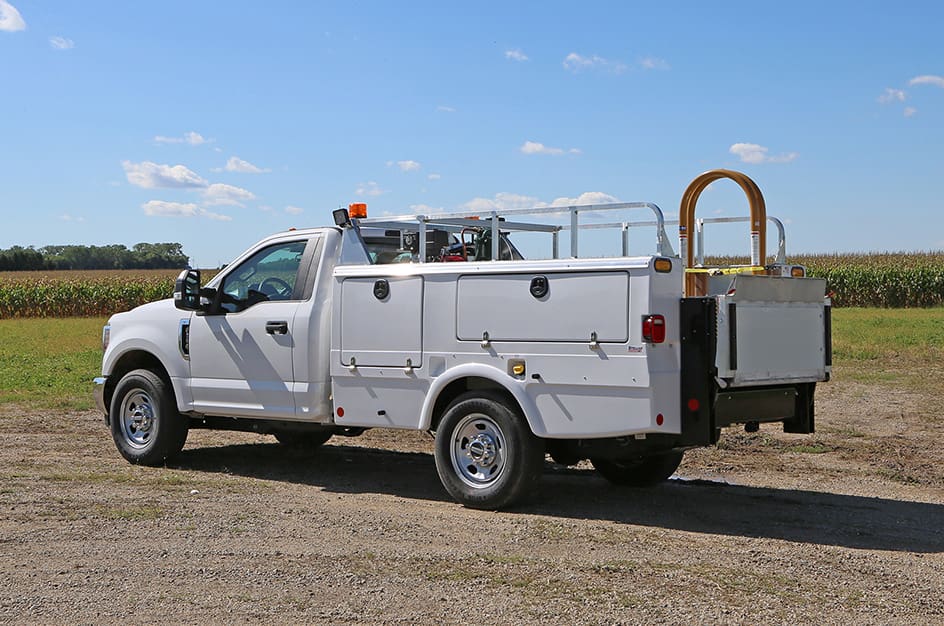Tire Solution: The Influence of Weather
When it comes to making certain optimal efficiency and safety and security when traveling, understanding the influence of weather on tire solution is essential. From scorching heat to icy roadways, each weather condition element can substantially influence tire performance and overall driving experience. By diving right into the results of differing weather on tires, chauffeurs can gain beneficial insights that may enhance their car's performance and durability. In this discussion, we will check out the intricate partnership between weather and tire service, clarifying the relevance of weather-specific tire maintenance techniques and considerations.
Heat and Tire Performance
When subjected to heats, tires experience adjustments in efficiency that can significantly impact lorry safety and security and handling. The warmth produced from extended driving or warm climate problems causes the tire rubber to soften, causing reduced step life and raised wear. As the rubber becomes softer, the tire's grip on the roadway decreases, impacting stopping ranges and total traction. In extreme situations, excessive warm can even cause tire blowouts, posturing an extreme safety threat to the lorry and its occupants.

Winter Results
Winter problems can have a significant influence on tire efficiency and security. As temperature levels decline, tire rubber can solidify, causing decreased grip on icy or snow-covered roads. In winter, tires may likewise lose atmospheric pressure extra quickly, which can influence managing and fuel performance. Furthermore, cool temperature levels can trigger tire sidewalls to stiffen, boosting the risk of damage from potholes or various other roadway risks.
To minimize the results of cool weather on tires, it is vital to on a regular basis examine tire stress and inflate them to the supplier's recommended levels. Using winter or all-season tires created for cold climate problems can additionally boost traction and hold on icy or snowy roadways. Appropriate tire upkeep, consisting of normal inspections for wear and damage, ends up being much more crucial throughout cooler months to guarantee optimal efficiency and safety and security.
Rainy Conditions Influence
Tires with damaged treads are much more vulnerable YOURURL.com to hydroplaning, where a layer of water develops up between the tire and the road surface, leading to loss of traction. To battle this, vehicle drivers ought to consistently evaluate their tires for sufficient tread depth and take into consideration investing in tires especially made for damp conditions.
Additionally, rainy weather can likewise decrease presence, making it testing for drivers to see the road in advance plainly (GMC Tire Service). In such conditions, it is important to adjust driving rates appropriately and maintain a risk-free following distance to permit abrupt quits. Properly filled with air tires can likewise aid in keeping control on wet roadways by supplying better handling and grasp
Snow and Tire Safety
Snow-covered roadways pose one-of-a-kind challenges for chauffeurs, stressing the value of correct tire selection and maintenance. When driving in snowy problems, having the right tires can make a substantial distinction in security and efficiency. Wintertime tires are created with special rubber substances and step patterns to provide much better grip on snow and ice compared to all-season tires. The deeper footsteps and sipes of winter season tires assist hold the roadway better, reducing the risk of sliding and sliding.

It is important to adhere to manufacturer instructions when installing and using tire chains to avoid damages to the tires and automobile. By selecting the best tires, maintaining appropriate rising cost of living, and taking into consideration added grip aids like tire chains, chauffeurs can enhance their safety and security when browsing snow-covered roadways.
Weather-Related Tire Upkeep
Weather-related tire upkeep incorporates a variety of techniques aimed at making sure ideal tire function and longevity in various climate scenarios. One key facet of weather-related tire upkeep is tire pressure policy. Examining tire step on a regular basis and changing tires when tread wear reaches a specific depth is vital for keeping grip and stability in negative weather condition.
Final Thought
In final thought, weather conditions have a significant influence on tire efficiency and security. From heat affecting tire stress and use to winter lowering grip, it is necessary to think about the weather when keeping and making use of tires. Wet conditions can lower hold and result in hydroplaning, while snow can raise the risk of mishaps if tires are not effectively furnished. Weather-related tire maintenance is critical in making certain optimal efficiency and security when driving.
In this discussion, we will certainly check out the complex relationship in between climate problems and tire service, dropping light on the relevance of weather-specific tire maintenance practices and factors to consider.
